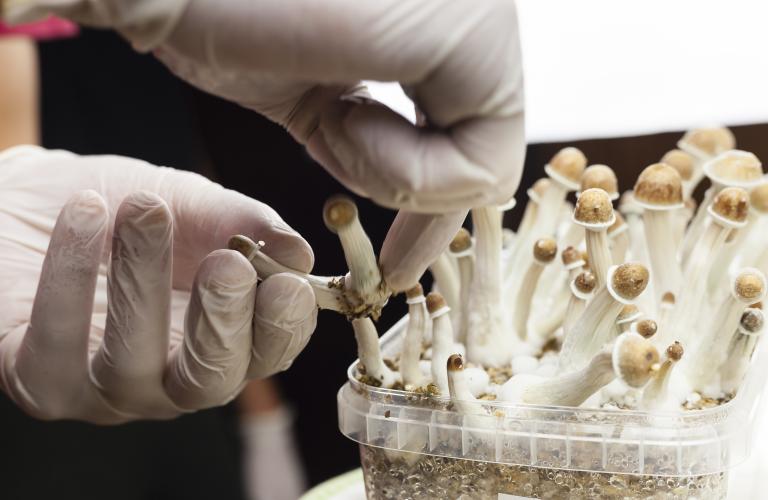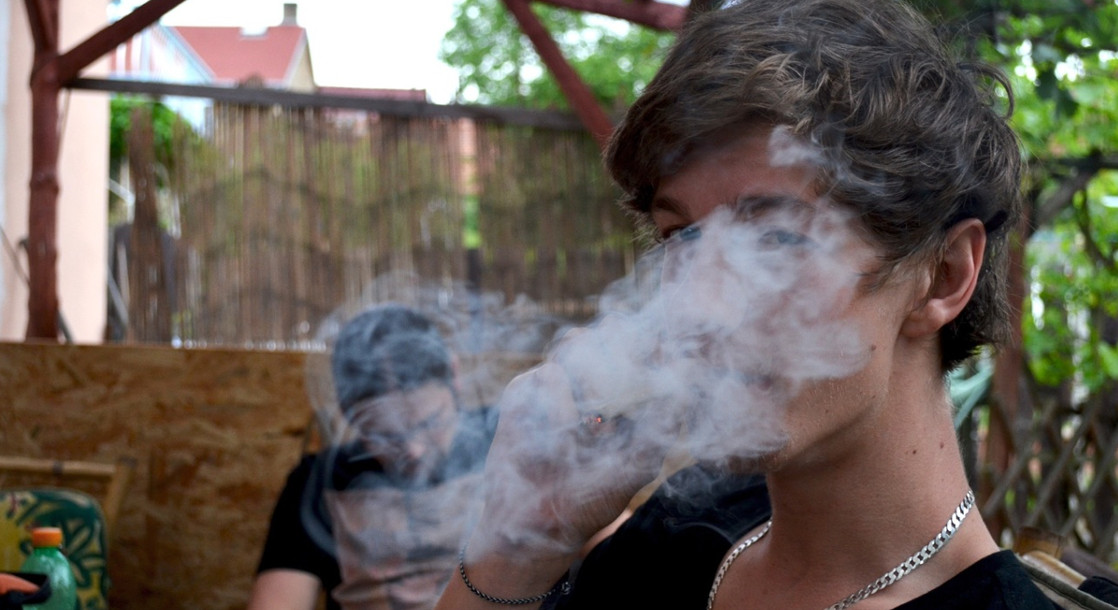Image via
California is getting closer to becoming the next state to pass legislation that would loosen the prohibitionist stronghold against psychedelics. State senators on the Golden State’s public safety committee voted to advance a bill that would decriminalize the possession of many mind-expanding substances by 4 to 1 on Tuesday.
SB 519 would decriminalize both the possession and use of psilocybin, psilocyn, MDMA, LSD, ketamine, DMT, mescaline, and ibogaine. Peyote is not included in the bill, whose text explains that the endangered plant is of too much significance to Native American communities — who are already allowed limited access to the drug under federal law — to open up its scarce supply to the wider market.
Individuals with prior criminal charges associated with these drugs would have their records expunged. SB 519 also calls for the creation of a Department of Health taskforce to research best practices for a regulatory system and ways to encourage equitable access, to be reported back to the Senate by the beginning of 2024.
Though the bill decriminalizes all kinds of usages of the substances, its text clearly articulates the medicinal value of the drugs that are included and eschews the notion of prioritizing for-profit psychedelics retail. The bill “does not imagine a ‘cannabis model’ or lay a foundation for retail trade in psychedelics,” according to comments made by the office of the bill’s main sponsor, State Senator Scott Wiener of San Francisco, to Marijuana Moment.
Depending on who you ask, SB 519 could actually be a step towards legalizing the drugs included in its scope.
“While the bill is being described by lawmakers and advocates as simple ‘decriminalization,’ the official legislative analysis of the proposal states that it would ‘make lawful’ the personal possession and social sharing of these substances,” writes Marijuana Moment’s Kyle Jaeger.
Regardless of legal interpretation, the Wiener hopes that its passage will spur further dismantling of prohibition.
“People should not be going to jail for possessing or using drugs,” Wiener told the Guardian upon introducing the legislation in February. “It’s a health issue, not a criminal issue, and I hope that we get all the way there.”
The proposed law is not the only effort underway to expand access to psychedelics in California. Led by Decriminalize California, advocates are gathering signatures to get a ballot measure in front of voters in 2022. (A prior attempt last year was scuttled by COVID-era limitations on face-to-face politicking.)
On Tuesday, the California Senate committee also approved a bill that will enable the implementation of safe consumption sites for users of Schedule I drugs.
Oregon voters approved a pair of ballot measures to legalize medicinal mushrooms and decriminalize the possession of small amounts of all drugs last fall. New Jersey also signed a bill into effect in February that downgraded possession of small amounts of psilocybin to a disorderly person’s offense.
Several cities across the US have already decriminalized magic mushrooms and other psychedelics. Denver and Oakland both have rules on the books doing so, and Washington D.C. passed such legislation in the fall elections. Santa Cruz, Ann Arbor, and the Massachusetts towns of Somerville and Cambridge have also passed legislation to reduce criminal penalties associated with the plants.











